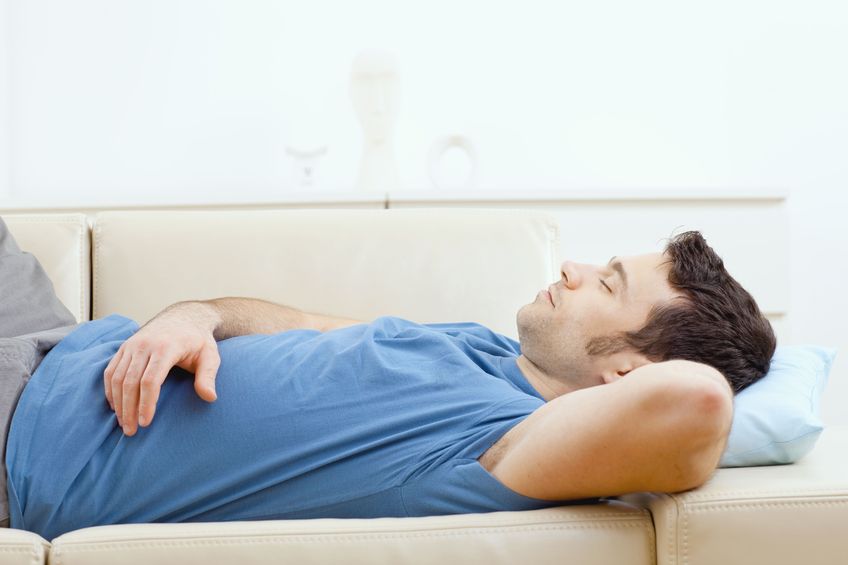Sleep experts conduct research and help others reap the benefits of quality snooze. Of course, we wonder how are they sleeping and what works for them!
Check out these amazing tips sleep experts shared with The Huffington Post to make the most of your shut-eye:
Embrace nap time: W. Christopher Winter, medical director of the Martha Sleep Medicine Center in Charlottesville, Virginia, follows this rule faithfully. He puts a 30 minute lunchtime nap on his schedule to make up for nights when he’s been up late. His trick is to schedule it at the same time so that his body can anticipate the upcoming rest. Also, he keeps his routine the same: dim the lights, turn on his sound machine and recline in his chair.
Challenge yourself with boring math: This tip works for Michael Breus, PhD, clinical psychologist and author, on the nights he just can’t seem to stop worrying. Keeping a worry journal wasn’t completely effective, so he began counting backwards from 300 by threes, as research has shown that counting sheep is too easy.
Soak up natural sunlight: Clete A. Kushida, MD, PhD, medical director of Stanford Sleep Medicine Center uses light to synchronize his internal clock. He avoids bright light 2 to 3 hours before his bedtime and opens his curtains to let natural light in within 30 minutes of waking up. If you don’t have access to a lot of sunshine, try a light box that has more than 10,000 lux but, remember to keep it about 18 inches from your eyes.
Crank up your fan: Sleeping with a bedside fan every night, no matter the temperature is a sleep tip that David N. Neubauer, MD, associate professor at Johns Hopkins University School of Medicine, lives by. The white noise coming from the fan blocks out sound variations in sound, which can lighten sleep. Also, the ventilation helps to keep the room cool, perfect for snoozing.
Use separate blankets: John Dittami, an Austria-based sleep researcher and author, says that it’s not strange in Europe for couples to have their own blankets in bed. Sleeping with one blanket makes you more aware of your partner’s movements and it can also amplify body heat. Plus, it can lead to an argument when one person is hogging all of the covers. Dittami says that sleeping with separate covers also helps with his snoring so that he doesn’t disturb his wife.
Lie down only when you are sleepy: Michael A. Grandner, PhD, a research associate at the Center for Sleep and Circadian Neurobiology at the University of Pennsylvania, uses his bed as a cue for sleep. If he can’t sleep, he gets up to go read or write in a dim room until he feels sleepy then goes back to bed. This tactic is called stimulus-control therapy and it has been shown to be more effective at treating insomnia than sleeping pills, it just takes longer to take effect. Though you may be tired when you first began, it is important not to nap or lie in bed when you aren’t sleeping.
Stick to a nighttime routine: Sam J. Sugar, MD, FACP, the director of sleep services at the Pritikin Longevity Center & Spa in Doral, Florida, found that his staying up late and waiting to feel drowsy, disturbed his wife who was already in bed. He decided to take her advice, which he also had been recommending to his patients as well: Stick to a routine. He and his wife go to bed at the same time every night, reinforcing a sleep habit that his body wants to stick to. Try setting a bedtime alarm and repeating the same steps every night before bed.
You may find that some tips that work for others, simply just don’t work for you. The important thing is to never give up on getting a great quality sleep. Don’t be afraid to try new ideas or ask for help from your physician.


No comments yet.